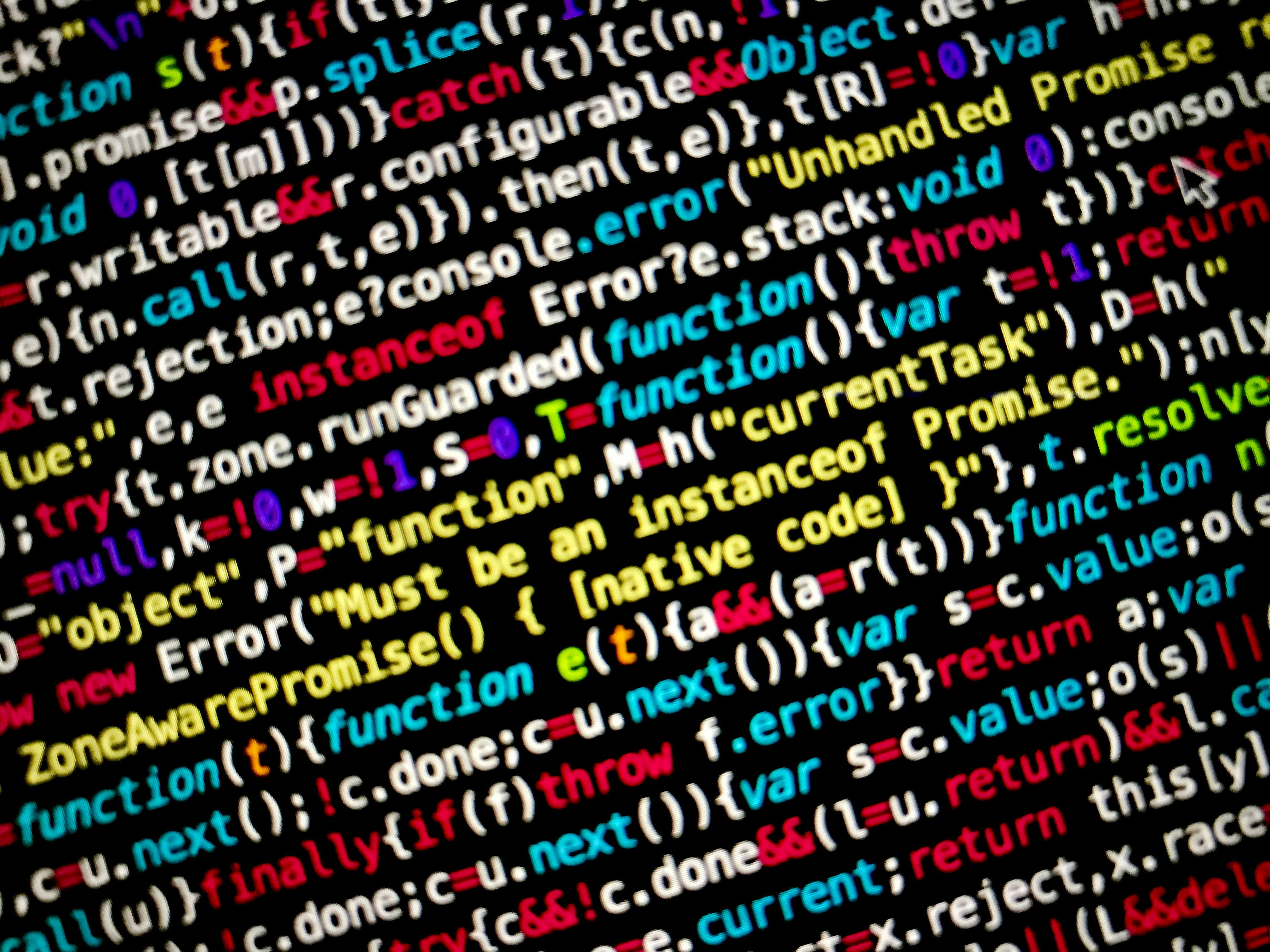Intensified Limits on Foreign Student Visas by Trump May Disrupt Crucial Artificial Intelligence Studies
The United States plans to dramatically curtail the visas of Chinese students, particularly those in critical fields or with ties to the Chinese Communist Party, Secretary of State Marco Rubio announced on Wednesday. This move, part of a broader crackdown on international students by the Trump administration, could result in a significant drain of top STEM talent from American scientific labs, with consequences for cutting-edge research in fields like artificial intelligence.
Helen Toner, director of strategy and foundational research grants at Georgetown University's Center for Security and Emerging Technology, warned of the potential impact. "If you were aiming to help China surpass the US at AI, the first thing you would do is disrupt the flow of top talent from all around the world into the US," she said. Despite its smaller population, the US has historically had a substantial advantage in attracting the world's best students, she noted.
While some close allies of the Trump administration, such as Elon Musk, argue that attracting top engineers from around the world is essential for the US to maintain its technological dominance, others, like top policy chief Stephen Miller, have advocated for reducing immigration levels.
Zilin Ma, a PhD student from China studying AI computer interfaces at Harvard University, expressed concern. "The White House has said that artificial intelligence is one of the top priorities for this country, but now they are trying to send the people who are doing this kind of research home," she said.
The news comes a day after the State Department instructed US embassies to temporarily halt scheduling interviews for all prospective international students. The pause, leaked to Politico, is designed to allow the Trump administration time to consider potentially expanding social media screening procedures for visa applicants. The State Department declined to comment on changes to its student visa policies.
Experts warn that the loss of international students in STEM fields, primarily from India and China, could lead to a shortage of skilled researchers and engineers in American labs. This, in turn, could slow down research progress in critical areas, impacting areas like AI, biotechnology, and computing.
Moreover, the loss of cultural and intellectual diversity in labs could affect the ability of American labs to stay competitive in global research. The absence of Chinese students could also hinder collaborative research projects that rely on diverse talent pools, potentially diminishing the quality and scope of research in high-impact areas like AI and robotics.
The tech industry, which heavily relies on international talent, especially from China, will also face challenges in recruiting skilled engineers and researchers. This could lead to delays in product development and innovation cycles, while other countries like the UK and Australia could gain an advantage in attracting top talent.
The economic impact of this move could be substantial, as international students, particularly Chinese students, contribute billions annually to the US economy. The shift in destinations for many Chinese students could lead to a reevaluation of international partnerships and collaborations, with profound long-term consequences for the academic and technological ecosystem.
- Secretary Marco Rubio's announcement about restricting Chinese student visas in critical fields could result in a significant drain of top STEM talent from American scientific labs, impacting research in areas like artificial intelligence and biotechnology.
- Helen Toner, director of strategy and foundational research grants, suggests that disrupting the flow of top talent from around the world into the US could help China surpass the US at AI.
- While some argue that attracting top engineers from around the world is essential for the US to maintain its technological dominance, others advocate for reducing immigration levels, like top policy chief Stephen Miller.
- Zilin Ma, a PhD student from China studying AI computer interfaces at Harvard University, expresses concern about the potential expulsion of students like herself, impacting the nation's research priorities.
- The State Department's decision to temporarily halt interview scheduling for all prospective international students could lead to a shortage of skilled researchers and engineers in American labs, affecting progress in critical areas like AI, biotechnology, and computing.
- The tech industry, which heavily relies on international talent, especially from China, might face challenges in recruiting skilled engineers and researchers, leading to delays in product development and innovation cycles, while other countries like the UK and Australia could gain an advantage in attracting top talent, resulting in profound long-term consequences for the academic and technological ecosystem.




